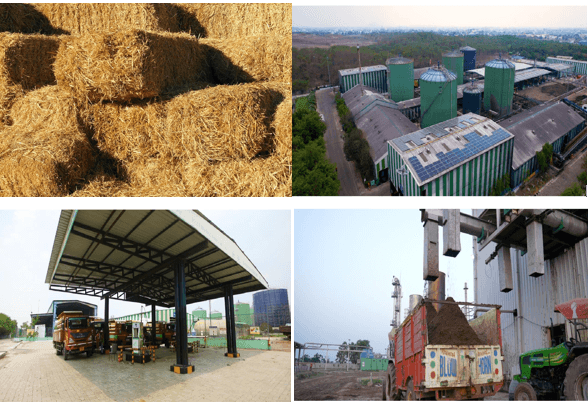RCEP: India’s core concerns
Indian High Commissioner Jawed Ashraf sees enormous opportunities for Singapore as India grows its economy to US$5 trillion in the coming years, US$2 trillion of which would be the trade component.
“There would be enormous opportunities in every area of Singapore’s interests in Indian prosperity,” said the Envoy on 8 Nov 2019, pointing to the US$5 trillion momentum of economic growth in India.
He called for further strengthening of the two countries’ strategic partnership with a bigger footprint in the Indo Pacific Region, particularly in the South East Asian and East Asian regions.
Singapore could be a springboard for the Indian micro, small and medium enterprises to enter the regional markets, he said at The Economic Times Asia Business Leaders Conclave 2019 in the city state.
The High Commissioner said that as the two countries take a leap into the digital age, they can work together to advance digital governance, financial inclusion, digitalisation of payments and more that can contribute empowering people and lifting them into a better life.
He cited the pioneering initiative of the international launch of RuPay card in Singapore by Prime Minister Narendra Modi in June 2018 and the forthcoming international launch of BHIM QR at the Singapore Fintech Festival to be held the week of 11 Nov 2019.
“We must serve a larger purpose and it must be that we build a peaceful, prosperous and stable Indo Pacific region that is neither dominated by one country or driven apart by conflicts and competition or from emerging great power rivalry,” stressed the envoy.
Because India and Singapore share a strong belief in multilateralism, in rules-based order, in respect for and adherence to international law, in unwavering commitment to maritime security and freedom of navigation, “ours is a partnership that can contribute to advancing the shared vision for the Indo Pacific Region”.
It is a political relationship between India and Singapore that is free from contests and claims, from doubts and hesitations, and the bilateral defence partnership is among the strongest and deepest for both countries, he underlined at the conclave.
“We are two countries that do not have to argue over principles or re-assure each other of our intentions.
“Our only challenge is to avoid complacency and our only obligation is to keep setting higher ambitions for ourselves,” the envoy pointed out.
As this world enters into multiple transitions and daily disruptions, the future will demand more form India and Singapore, he said.
The two countries would be able to do more for the region when they are ready to do more with each other. “That is the defining agenda for India and Singapore going ahead,” he underlined.
The High Commissioner also took time to explain two recent developments, clarifying and giving reasons for India to stay out of the Regional Comprehensive Economic Partnership (RCEP) for now and the evaluation of a new city, Amaravati, by State Government of Andhra Pradesh.
“We recognise the strategic and economic merits of RCEP. That is why we negotiated in full faith and with full commitment for seven years. We have been as committed as any of the other 15 member countries in RCEP,” he pointed out.
“We were not wanting in being flexible, adjusting or accommodating in a number of areas. At the end, though, we felt that our core concerns and issues were not adequately and satisfactorily addressed, and, on balance, in its present form, and at this stage, RCEP would not have served our economic interests as we see it now.
“It would have immediately had adverse effect on certain sectors of our economy, including in industry, SME and agriculture sector, and would have affected the lives and livelihood of vulnerable sections of the society,” the envoy pointed out.
“I think some of our concerns could have been addressed. India being part of RCEP is in mutual interest of all members. If, going ahead, our core interests are adequately addressed, there may be an opportunity for all of us to move forward,” said the envoy.
“RCEP is, however, neither an indicator of India’s openness, reforms and commitment to rules-based international trade, nor does it in anyway dilute our commitment to deepen our economic, political and strategic engagement with ASEAN partners and, indeed, in the broader Indo Pacific Region, which will continue to grow,” he made it clear.
Amaravati remains a mega project and is being evaluated by the recently elected State Government for resource requirement, financial feasibility and impact on environment and displacement, as a large part of the area is reportedly on flood plains and also needs clearing large tract of forest.
Singapore had done the master planning. Thought it was also supposed to develop the start-up area of the city, not much work has happened.
Andhra Pradesh Government values partnership with Singapore and would welcome Singapore’s participation in all aspects of economic development, from skills to infrastructure, the envoy assured. fiinews.com











